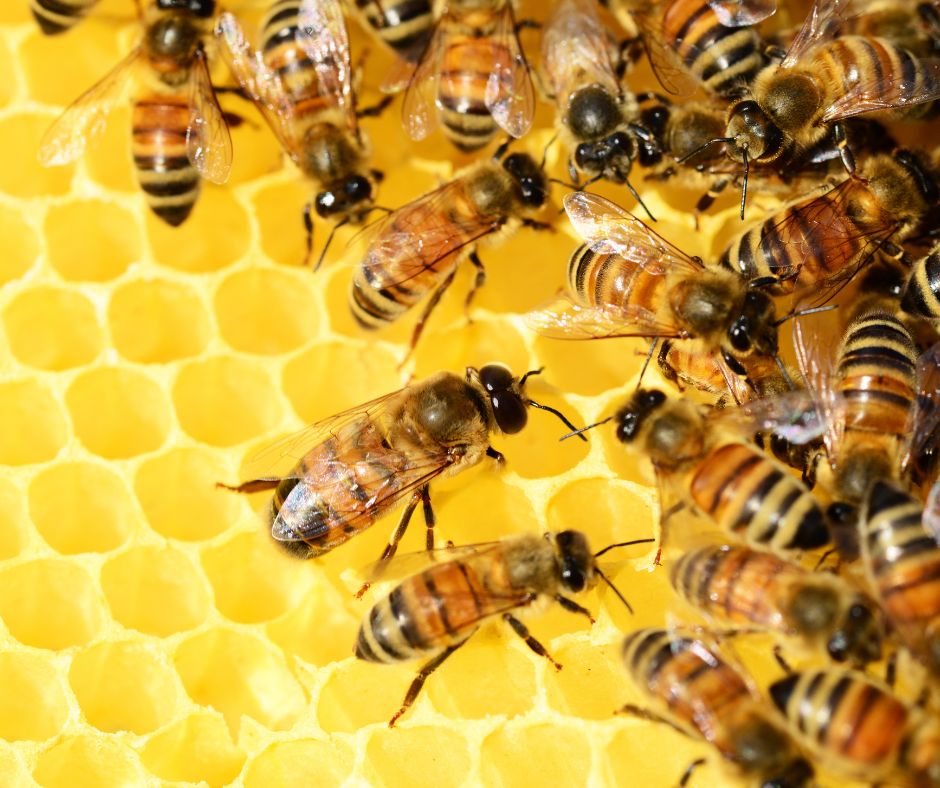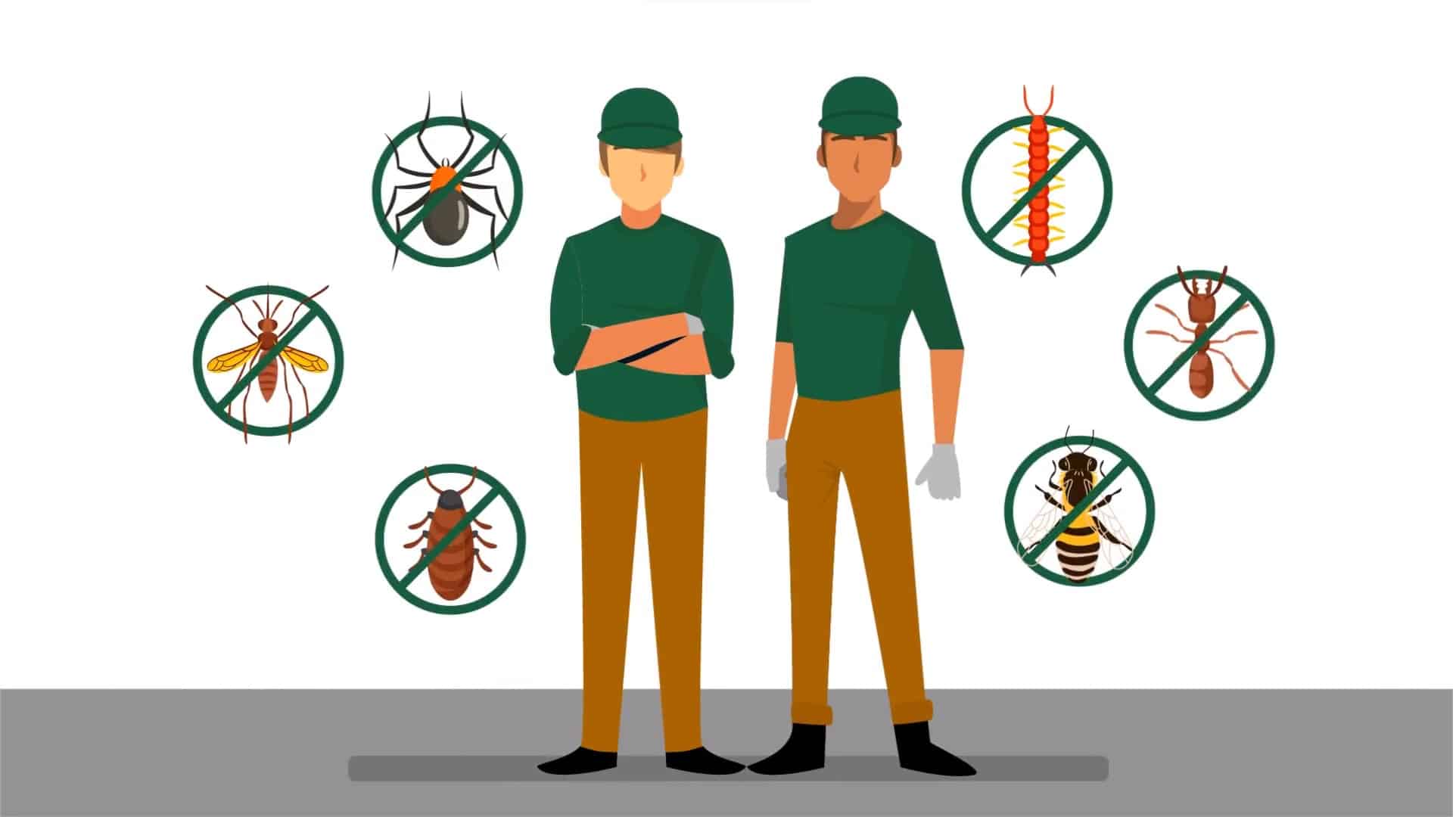Child-Safe Port Charlotte Pest Control Service
Child-Safe Port Charlotte Pest Control Service
Blog Article
Comprehensive Overview to Understanding Bug Control Methods and Their Treatment
Recognizing parasite control methods is crucial for effective monitoring of unwanted organisms that posture risks to wellness, agriculture, and residential property. What aspects should be thought about when choosing the appropriate insect control method for a particular circumstance?
Review of Insect Control Methods
Bug control techniques incorporate a range of strategies designed to handle and remove undesirable microorganisms that can hurt human health, farming, and home. Reliable insect monitoring is essential for maintaining the stability of ecological communities and making sure the security of food products. These approaches can be broadly classified right into 3 key techniques: social, mechanical, and biological controls.

Cultural control includes customizing farming methods or ecological conditions to minimize insect facility and recreation. This approach includes plant rotation, sanitation, and selecting pest-resistant plant ranges. Mechanical control depends on physical barriers or devices to prevent pest access or directly remove them. Examples consist of catches, nets, and hand-picking harmful insects.
Biological control makes use of natural killers, bloodsuckers, or pathogens to regulate pest populaces. This approach highlights environmental balance and can include introducing helpful bugs, such as ladybugs or predative nematodes, to handle parasite presence.
Integrated insect administration (IPM) combines these approaches, using an alternative method that emphasizes avoidance, monitoring, and responsible management. By using a mix of these methods, parasite control can be a lot more sustainable and efficient, decreasing reliance on chemical interventions while securing human health and the environment.

Chemical Insect Control Solutions
A selection of chemical pest control solutions are offered, providing efficient alternatives for handling parasite populations when other approaches may fail. These remedies primarily include pesticides, herbicides, fungicides, and rodenticides, each designed to target certain pests while lessening injury to non-target organisms.
Insecticides are specifically effective against a variety of pests, including ants, roaches, and termites, and can be classified as get in touch with or systemic agents. Contact insecticides kill parasites on contact, while systemic insecticides are absorbed by plants, making them harmful to bugs that eat them. Herbicides are utilized to regulate unwanted plants, whereas fungicides are vital for taking care of fungal illness that can damage crops and ornamental plants.
Furthermore, integrated pest monitoring (IPM) concepts must be utilized, combining chemical remedies with social, mechanical, and organic techniques for lasting bug control. This alternative approach not only boosts pest administration efficiency but additionally decreases prospective environmental influences connected with chemical usage.
Organic Parasite Control Methods
Biological parasite control techniques offer an eco-friendly choice to chemical methods by utilizing natural killers, parasites, or virus to handle pest populaces. This method leverages the eco-friendly connections in click to read more between organisms, promoting a well balanced environment while minimizing chemical deposit in the atmosphere.
One of one of the most common biological control methods involves the introduction of all-natural opponents. As an example, ladybugs are utilized to regulate aphid populations, while parasitical wasps can target caterpillars and various other pests. These natural killers efficiently minimize pest numbers without damaging valuable insects.
Furthermore, microbial representatives such as microorganisms, fungi, and infections are utilized to infect and kill particular parasites. Bacillus thuringiensis (Bt), a naturally happening germs, is extensively made use of to control caterpillars and other larvae, showcasing the effectiveness of microbial bug control.

Physical and Mechanical Approaches
Regularly utilized in integrated insect administration methods, physical and mechanical techniques serve as reliable devices for controlling insect populaces without using chemicals. These strategies rely upon physical obstacles, traps, and other mechanical tools to stop or get rid of pests, making them ecologically pleasant alternatives.
Physical approaches include making use of barriers such as insect netting, displays, or row covers that physically block pests from accessing plants. This is especially useful in farming setups where crop defense is crucial. Furthermore, environment manipulation, such as getting rid of debris and standing water, can lower parasite reproducing websites, thus decreasing invasions.
Mechanical methods incorporate catches, which can be developed to record specific insects. Sticky traps and scent catches prevail examples that tempt and retain pests, helping with tracking and control. Vacuuming is an additional mechanical approach, effective for getting rid of pests from interior atmospheres, especially in instances of problems.
Preventative Pest Administration Approaches
Effective preventative pest management techniques are vital for keeping healthy and balanced environments and minimizing pest-related issues before they arise (Pest Control in Port Charlotte, FL). These techniques concentrate on aggressive actions that lower the chance of pest invasions by dealing with the root triggers

Another crucial technique entails appropriate landscaping techniques (Pest Control in Port Charlotte, FL). Keeping plants trimmed and far from structures can minimize harborage areas for bugs. Implementing integrated bug administration (IPM) strategies that include keeping an eye on insect populations and utilizing organic controls can cultivate a balanced environment that normally subdues pest numbers.
Education and training for personnel and homeowners on recognizing early indications of parasite activity are likewise vital components of an efficient preventative program. By cultivating an atmosphere of awareness and alertness, organizations and house owners can considerably enhance their bug management efforts and secure their areas versus future infestations.
Conclusion
To conclude, efficient bug control needs a diverse technique that incorporates chemical, organic, and mechanical approaches. Using an Integrated Parasite Administration (IPM) structure permits the lasting monitoring of parasites while minimizing environmental influence. Preventative approaches better enhance the efficacy of these methods, making certain long-term defense of wellness, farming, and residential or commercial property. Ultimately, an extensive understanding of these diverse insect control techniques is vital for achieving successful outcomes in insect administration initiatives.
Report this page